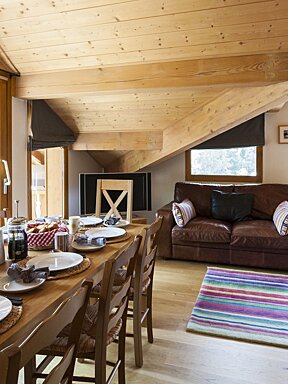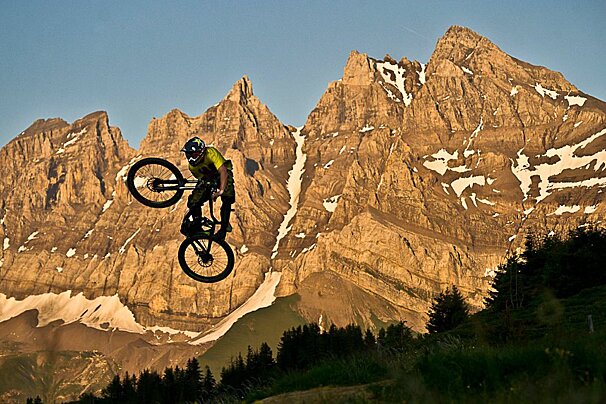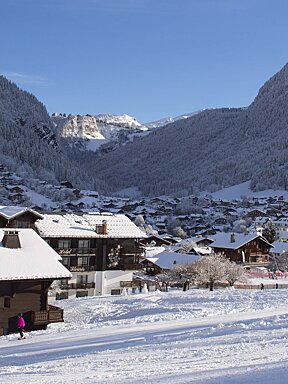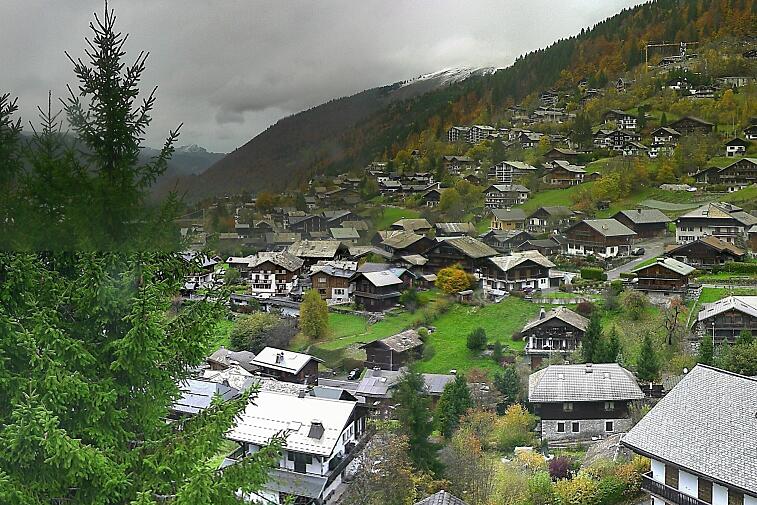
© Avoriaz OT

© Avoriaz OT

© Avoriaz OT

© Avoriaz OT

© Avoriaz OT

© Avoriaz OT
Fifty years of horse power in Avoriaz
Horses provide the main form of transport in Avoriaz
Avoriaz celebrates its 50th anniversary this year and since the resort first opened, its many visitors have relied on horse drawn carts and sledges as a mode of transport.
Avoriaz was created in the 1960's as a car-free resort and at that time, the concept of leaving your car at the entrance and getting about on foot, sledge or pony and trap was greeted with raised eyebrows. Now, however it's something that gives Avoriaz much of its charm, bringing visitors back here year after year.
Watch this

There are twenty coachmen in resort with 4-5 horses each, meaning that just under 100 horses reside in this snowy paradise throughout the winter months, living in stables close to the resort entrance.
The coachmen are all independent workers, the majority of whom come from Chablais and Normandy. In the summer the majority of them work as farmers, lumberjacks or tradesmen, then from December they come back to resort and start working with their equine friends right through until the end of April.
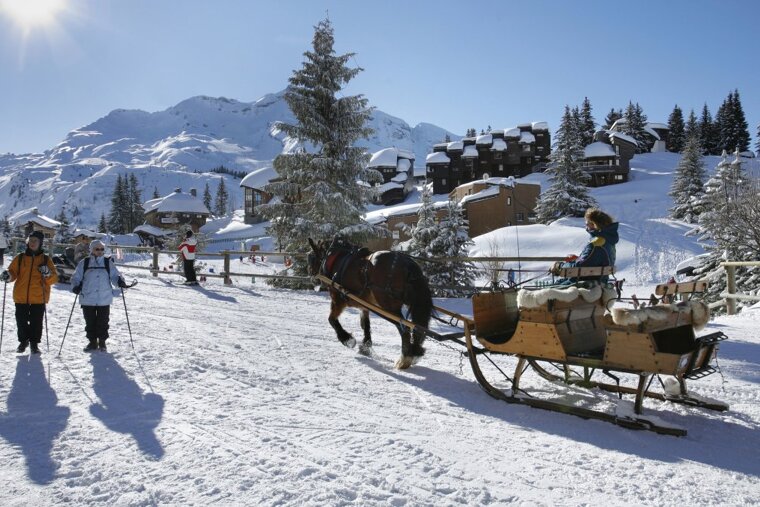
The horses are trained in early December to trot on the snow and learn to become accustomed to the skiers and other vehicles on the mountain. Some horses can start this lifestyle from the age of four and continue to work until the ripe age of twenty.
It’s hard work on the hill, however these horses are Comtois, a breed that originated in the Jura mountains, between France and Switzerland. Being bred in this environment means that they are extremely well suited to this type of work, having adapted to the altitude, terrain and temperature.
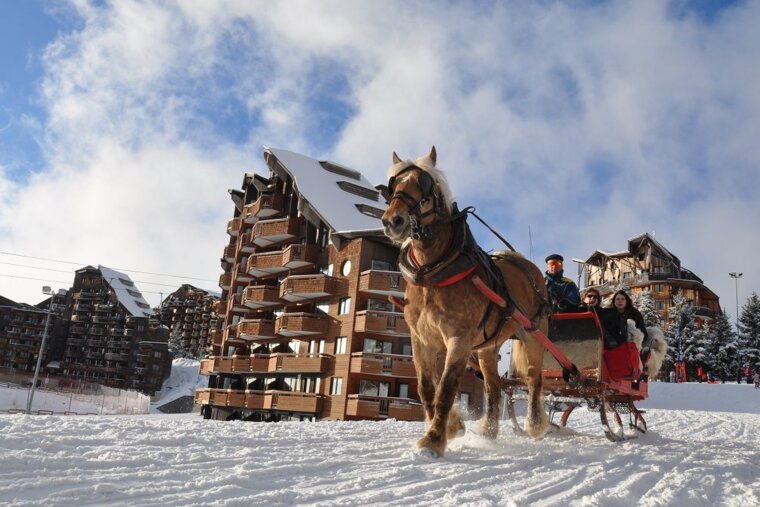
Each horse works a short three hour taxi shift per day, so they can take turns to work, rest and play. Guided tours of Avoriaz by sleigh can also be arranged and are a great way to discover the resort and its history in a leisurely way.
Since Avoriaz has and always will be a pedestrianised resort, the horses are here to stay and we're very glad that they are.






